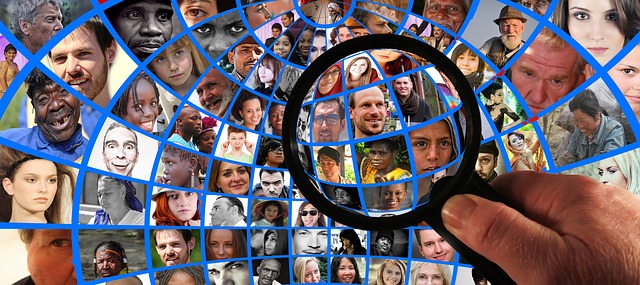The central issue is how to balance what companies know and learn about us and privacy. “Facebook to Banks” illustrates how access to people via Facebook messenger, with the ability of users to engage and consume, is of great potential value to banks. The hesitancy on the part of the banks comes from potential backlash of sharing, mishandling sensitive data. In the wake of the Cambridge Analytica scandal, the impact on a business and consumer trust can be devastating, as Facebook found out.
“Facebook to Banks” demonstrates the cautiousness of potential partners. The fallout from the Cambridge Analytica scandal impacted the company and made them reevaluate how they use data, they began to self-regulate. Another interesting example of how consumers voiced their concern over privacy was with 23andMe.
23andMe caused controversy with the opening of its application programming interface (API) in 2012, which gave developers access to their hard data. Recently the company announced it will no longer allow this practice, though researchers will still have access. 23andMe does not appear to explain if privacy is the central reason for the change, but one can understand why it might be when it comes to something as personal as DNA. They have certainly received negative attention from it.
It’s important for individuals to know how their data is being used. I purchased a 23andMe kit years ago; I recall checking that I did not want my data shared and also, not sure if they still do this, did not want my sample kept on file for two years. There is still a risk that companies will misuse this data or even collect data unknowingly. Companies should not only just self-regulate, but like many institutions, there should be oversight in that individuals’ data is not being misused. In the case of 23andMe, one can see the potential of sharing such data for medical purposes, but there is also a downside. As the article points out in one instance the API was used to block people from websites and apps based on personal characteristics like their gender and ancestry. Whether it is DNA profiling, your bank account or social media posts people should clearly understand what their data is being used for.
References
Farr, C. (2018, August 23) 23andMe will no longer let app developers read your DNA data. CNBC. Retrieved from https://www.cnbc.com/2018/08/23/23andme-is-telling-developers-that-it-plans-to-shut-off-its-api-in-two-weeks.html
Glazer, E., Seetharaman, D., & Andriotis, A.M. (2018, August 6). Facebook to Banks: Give Us Your Data, We’ll Give You Our Users. Retrieved from https://www.wsj.com/articles/facebook-to-banks-give-us-your-data-well-give-you-our-users-1533564049
Rogers, C. (2018, August 18). What Your Car Knows About You. Wall Street Journal. Retrieved from https://www.wsj.com/articles/what-your-car-knows-about-you-1534564861

